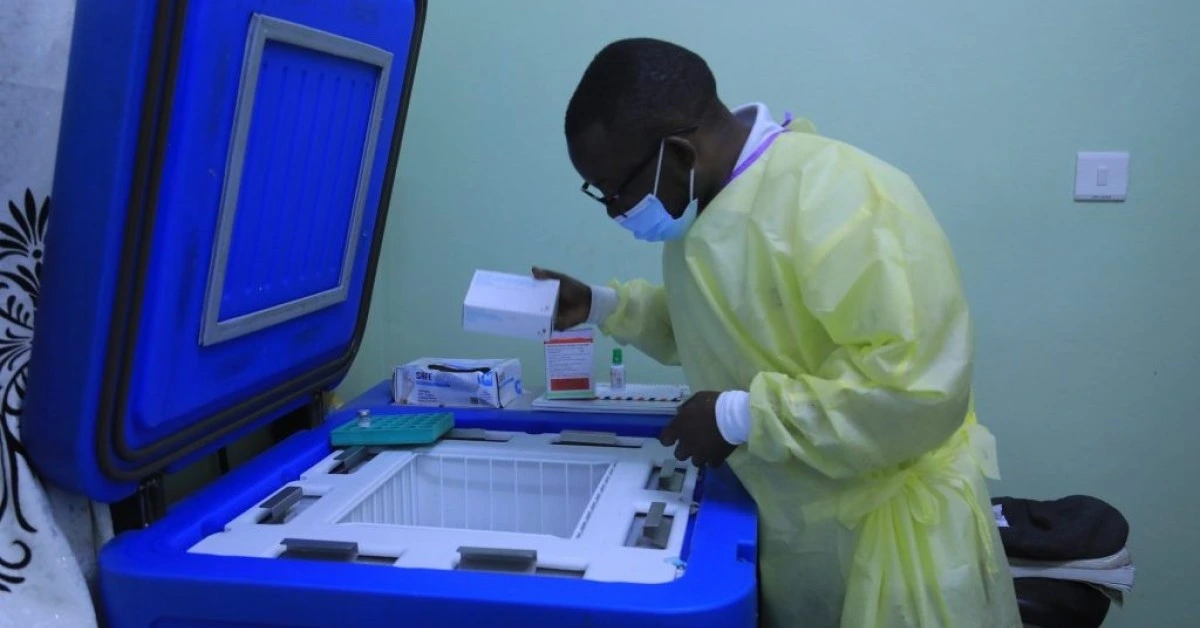
ETHIOPIA – A crucial public health decision looms in May 2025 as Africa’s top health experts prepare to assess whether mpox (monkeypox) should remain classified as a public health emergency of continental concern.
The review comes amid a complex epidemiological picture, with some countries reporting rising infections while others show signs of progress.
Africa CDC Director General Dr. Jean Kaseya has called for this second formal evaluation, which will be conducted by the agency’s Emergency Consultative Group (ECG).
The panel, chaired by globally respected epidemiologist Professor Salim Abdool Karim, is set to meet on 17 May 2025.
Their findings will shape not just the continent’s next steps in managing mpox but could also influence funding, partnerships, and resource allocation.
Mpox was first declared a public health emergency of continental concern on 13 August 2024—the first time such a status had been assigned since Africa CDC’s founding in 2017.
During the last review in February 2025, mpox had spread from 12 to 23 countries. Seven nations were in the control phase, and 16 were still grappling with active outbreaks.
Some countries, such as Burundi, Rwanda, and the Central African Republic (CAR), were already showing signs of improvement.
From January 2024 to February 2025, Africa reported over 100,000 suspected mpox cases, with more than 22,000 confirmed and 69 deaths.
Although early 2025 saw a 2.6% drop in suspected cases, confirmed infections surged in countries like Uganda, Nigeria, and the Republic of Congo. In contrast, countries like Kenya, Liberia, CAR, Burundi, and Rwanda reported declining numbers.
The situation remains especially dire in the Democratic Republic of Congo (DRC), the epicentre of the outbreak.
Armed conflict in eastern DRC has disrupted response efforts, displaced hundreds of patients, and increased cross-border transmission risks.
Testing capacity has dropped to just 50%, and delayed funding has further slowed the response.
To make matters more challenging, a new mpox variant, Clade 1A, was detected in the DRC in early 2025, raising concerns about increased transmissibility.
Mpox is also spreading beyond Africa. China confirmed a Clade 1a case in April 2025, and Switzerland followed with a Clade 1b case.
Globally, the majority of mpox infections outside Africa have been reported among men, highlighting shifting transmission dynamics.
Despite these challenges, there are reasons for optimism. Vaccine rollout has improved, especially among high-risk groups and children.
Ten African countries have received vaccine shipments, and seven have launched immunisation campaigns.
In addition, Africa CDC, alongside WHO and partners, launched a new six-month response plan (March–August 2025) aiming to cut mpox transmission in endemic areas by half.
The plan focuses on decentralising diagnostic services, strengthening community-based interventions like contact tracing and risk communication, and developing a continent-wide data system that links surveillance, lab testing, treatment, and vaccination.
A key success has been the establishment of the Joint Continental Incident Management Support Team (IMST) in Kinshasa, which brings together 28 partner organisations under a unified operational framework – “One Plan, One Budget, One Monitoring Framework.”
XRP HEALTHCARE L.L.C | License Number: 2312867.01 | Dubai | © Copyright 2025 | All Rights Reserved